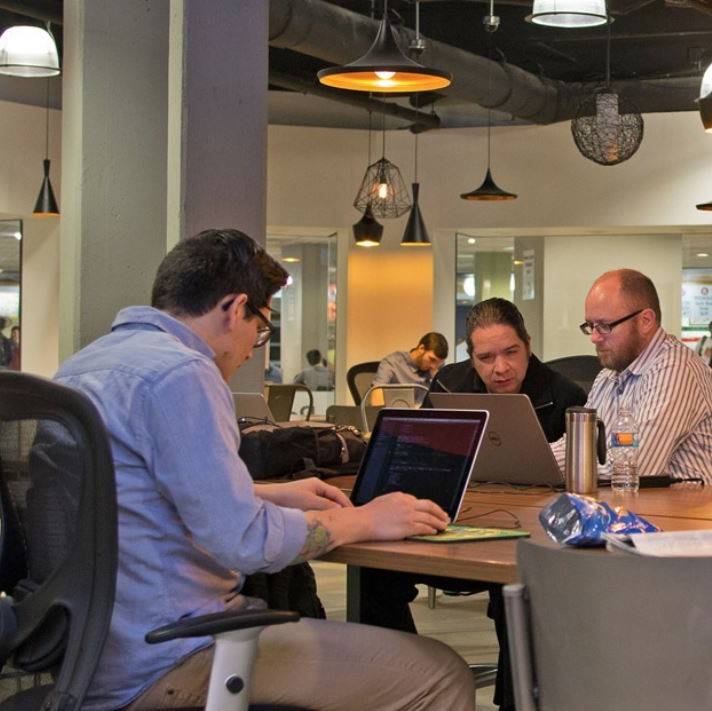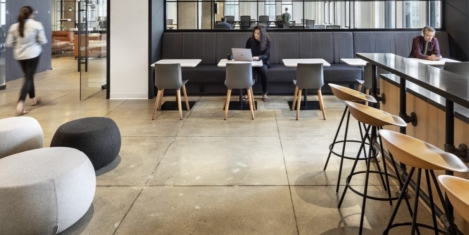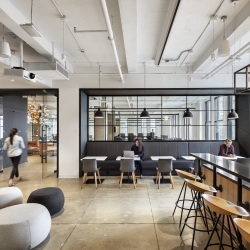To provide the best experiences, we use technologies like cookies to store and/or access device information. Consenting to these technologies will allow us to process data such as browsing behaviour or unique IDs on this site. Not consenting or withdrawing consent, may adversely affect certain features and functions.
The technical storage or access is strictly necessary for the legitimate purpose of enabling the use of a specific service explicitly requested by the subscriber or user, or for the sole purpose of carrying out the transmission of a communication over an electronic communications network.
The technical storage or access is necessary for the legitimate purpose of storing preferences that are not requested by the subscriber or user.
The technical storage or access that is used exclusively for statistical purposes.
The technical storage or access that is used exclusively for anonymous statistical purposes. Without a subpoena, voluntary compliance on the part of your Internet Service Provider, or additional records from a third party, information stored or retrieved for this purpose alone cannot usually be used to identify you.
The technical storage or access is required to create user profiles to send advertising, or to track the user on a website or across several websites for similar marketing purposes.
 A poll from Perkbox claims that almost half of businesses moving towards more borderless working (47 percent) are concerned how the shift will impact their company culture. These concerns stem from perceptions around managing a globally distributed workforce and the challenges this can bring. For example, a third of business leaders (33 percent) say different time zones make collaboration less effective. Meanwhile ,31 percent state inconsistency in different employee expectations around benefits or working styles causes friction between borderless managers and their teams. (more…)
A poll from Perkbox claims that almost half of businesses moving towards more borderless working (47 percent) are concerned how the shift will impact their company culture. These concerns stem from perceptions around managing a globally distributed workforce and the challenges this can bring. For example, a third of business leaders (33 percent) say different time zones make collaboration less effective. Meanwhile ,31 percent state inconsistency in different employee expectations around benefits or working styles causes friction between borderless managers and their teams. (more…)



































October 19, 2022
Remote workers can find it hard to switch off. There’s now an app for that
by Anthony Thompson • Comment, Flexible working, Wellbeing